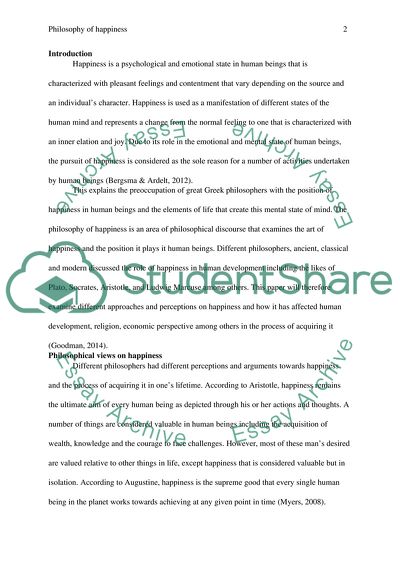Cite this document
(Philosophy of Happiness Essay Example | Topics and Well Written Essays - 2250 words, n.d.)
Philosophy of Happiness Essay Example | Topics and Well Written Essays - 2250 words. https://studentshare.org/philosophy/1831698-philosophy-of-happiness
Philosophy of Happiness Essay Example | Topics and Well Written Essays - 2250 words. https://studentshare.org/philosophy/1831698-philosophy-of-happiness
(Philosophy of Happiness Essay Example | Topics and Well Written Essays - 2250 Words)
Philosophy of Happiness Essay Example | Topics and Well Written Essays - 2250 Words. https://studentshare.org/philosophy/1831698-philosophy-of-happiness.
Philosophy of Happiness Essay Example | Topics and Well Written Essays - 2250 Words. https://studentshare.org/philosophy/1831698-philosophy-of-happiness.
“Philosophy of Happiness Essay Example | Topics and Well Written Essays - 2250 Words”. https://studentshare.org/philosophy/1831698-philosophy-of-happiness.


